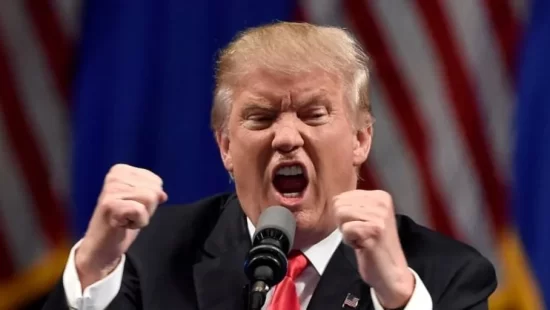Access to essential services such as health, education and justice will become more difficult for non-English speakers following U.S. President Donald Trump’s historic decision to declare English the country’s official language on March 1.
Previously, important documents — such as school registration forms, driver’s license applications, and requests for healthcare services like Medicare and Medicaid — were available in multiple languages to ensure accessibility for all. However, this will no longer be mandatory, posing a significant barrier for the millions of foreigners who do not speak English.
The administration has framed the measure as a way to promote migrant integration. In an executive order, it stated that establishing English as the official language would streamline communication, “reinforce shared national values, and create a more cohesive and efficient society.” However, migrant advocates see it as part of a broader exclusionary policy.
“America will always be a multilingual and multicultural society, no matter how many xenophobic policies Donald Trump tries to enact,“ Murad Awawdeh, president of the New York Immigration Coalition, said in a statement. ”It is unclear how far this shameful executive order will be implemented, but denying people the right to interact with government agencies and access services they are eligible for in the language they speak will cause severe harm not just for the people seeking services and information, but for society as a whole as civic participation diminishes.”
Although not officially designated at the national level, English is the predominant language in the United States, with more than 30 states already recognizing it as their official language — including states with large Latino populations, such as California and Florida. Nearly 80% of the population speaks only English, and immigrants must pass an English-language test to obtain U.S. citizenship.
However, the country is home to more than 350 languages, and states like Alaska and Hawaii have granted official status to several Indigenous languages. While the executive order does not mandate the elimination of other languages in federal administration, it allows agencies to discontinue their use. Since 2000, a policy introduced under president Bill Clinton required all government offices and federally funded institutions to offer services in multiple languages to accommodate non-English speakers.
The designation of English as the official language now joins a series of executive orders signed by Trump that negatively impact foreigners. The Republican president, along with several conservative governors, has blamed undocumented immigrants for straining public services such as education and healthcare and for burdening federal finances — despite the fact that they pay taxes while receiving minimal benefits. However, the new decree will not affect them alone.








